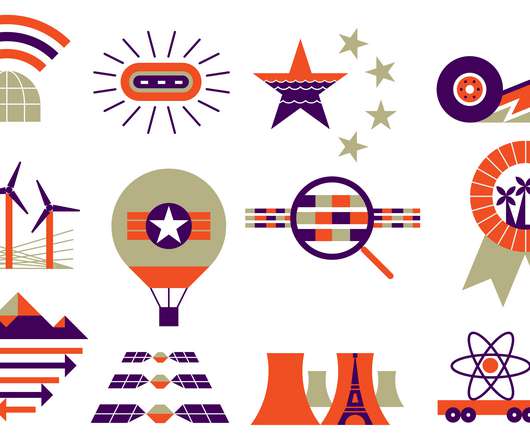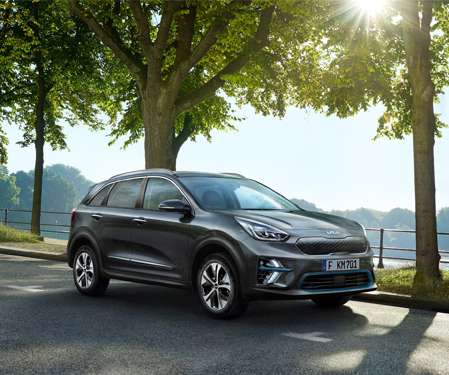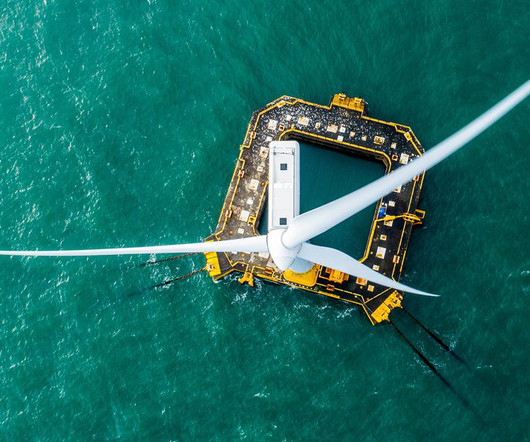Stanford team increases power of corrosion-resistant solar cells; advance for solar fuels
Green Car Congress
NOVEMBER 30, 2015
Researchers at Stanford, with colleagues at University College Cork in Ireland, have shown how to increase the power of corrosion-resistant solar cells, setting a record for solar energy output under water. Instead of pumping electricity into the grid, the power these cells produce would be used in the production of solar fuels.














Let's personalize your content